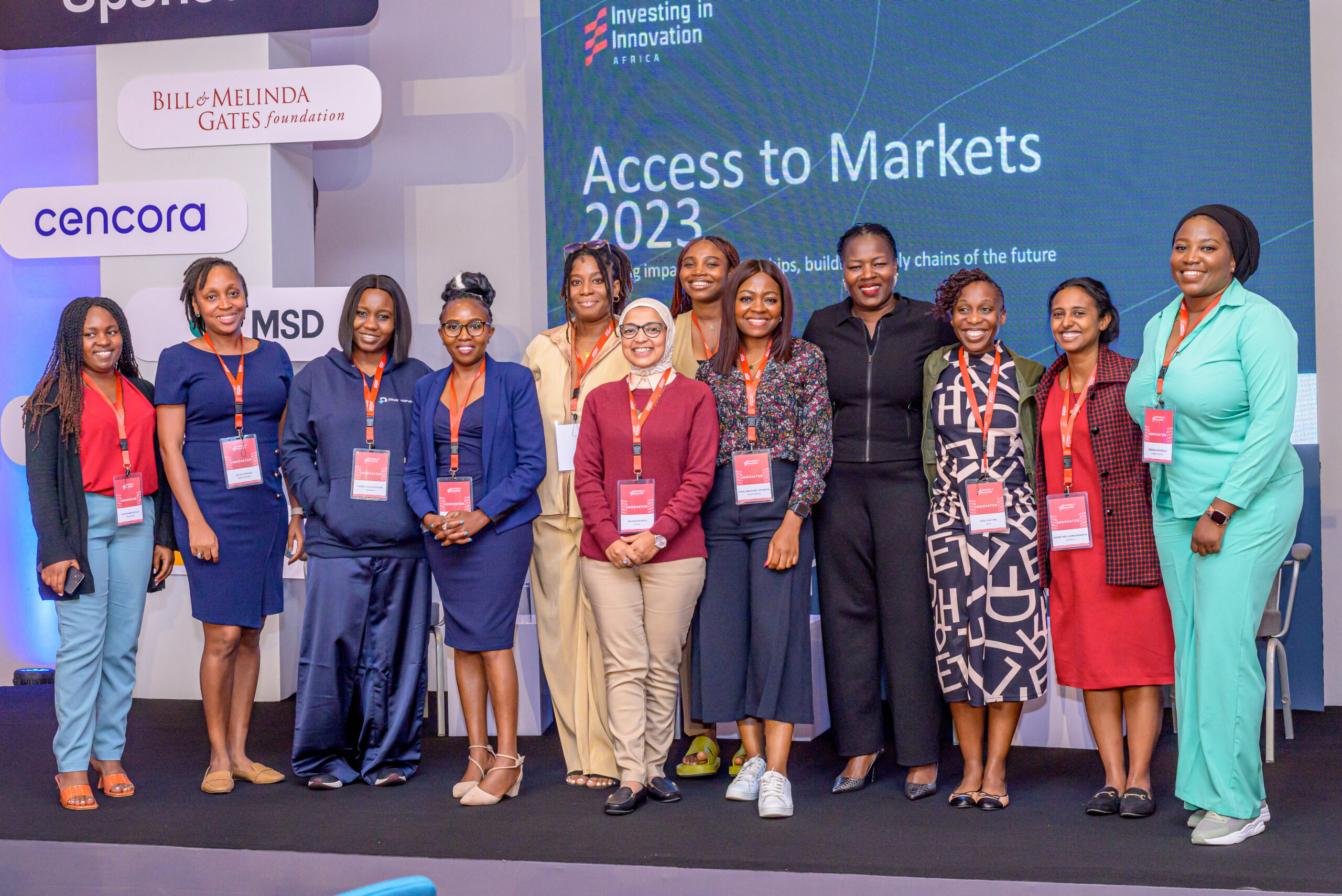Celebrating Women-Led Innovators: Empowering change on International Women's Day
We join the world today to celebrate the International Women’s Day and spotlight the remarkable contributions of all 22 women-led companies among the 60 companies that has ever been enrolled on the Investing in Innovation (i3) program. I3 is creating a more inclusive ecosystem that embraces inclusion of women founders and unlocks the full potential of Africa's innovation landscape. For us, 'women-led' denotes a company where a woman holds shares, is integral to the management team, and actively participates in the day-to-day decision-making processes.
Women-led companies within the cohort leverage their technology to provide a range of services, including cloud-based inventory management and marketplace solutions for pharmacies, decentralized healthcare through teleconsultations and medication deliveries, offline and online dispensing and logistics for pharmacies, as well as equipping health workers with equipment, consumables, and online training, among others.




